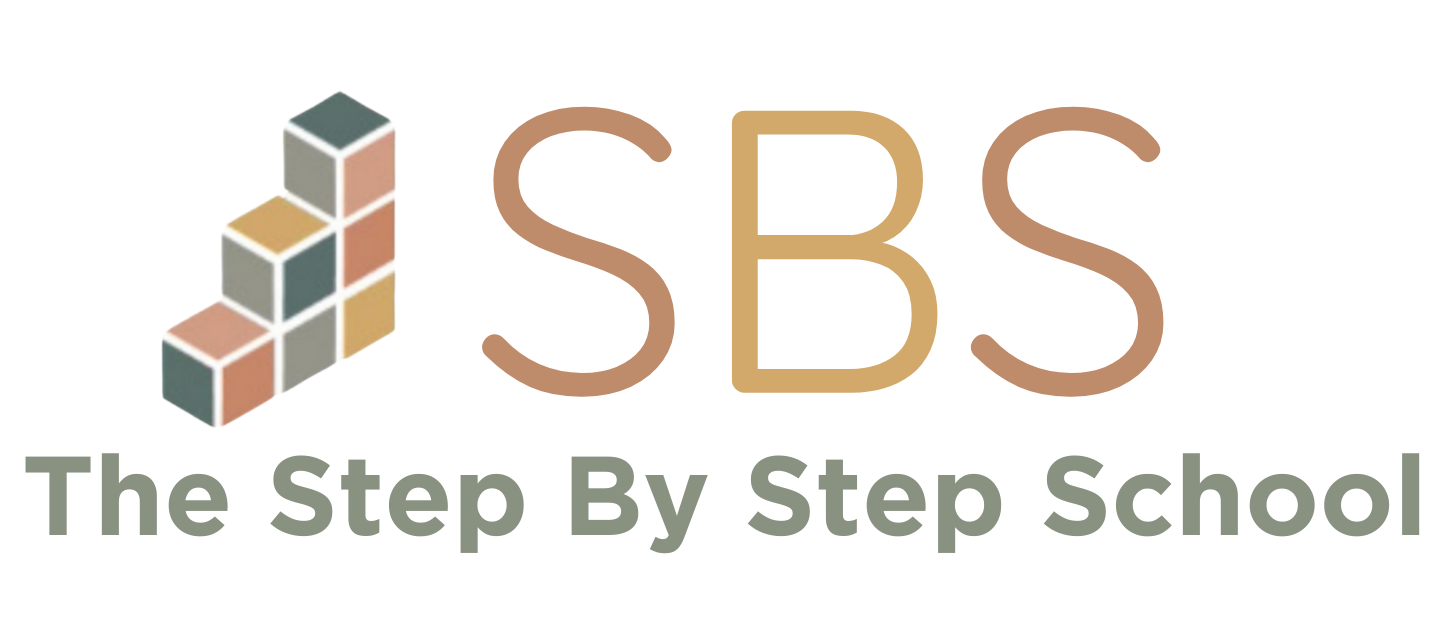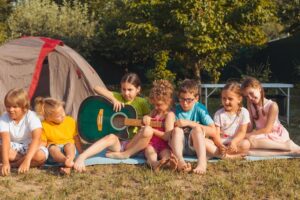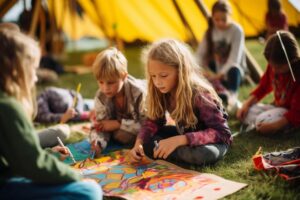In the world of early childhood education, few methods are as impactful—or as misunderstood—as play-based learning. Some parents may worry that their child isn’t learning “enough” if they spend much of the day playing. In reality, purposeful play is one of the most effective ways for children to build the foundation they need for lifelong learning.
At quality preschools in places like Hudson and Monroe, play isn’t just for fun—it’s a structured, intentional tool educators use to promote cognitive, social, emotional, and physical development. Through hands-on experiences, children explore the world around them, ask questions, solve problems, and practice critical skills that prepare them for kindergarten and beyond.
In this article, we’ll explore what play-based learning really looks like and why it’s such a powerful approach to early education.
What Is Play-Based Learning?
Play-based learning is a teaching method rooted in child-led exploration and guided discovery. It allows children to make choices, take initiative, and engage with their environment while developing essential skills.
In a preschool setting, this might include:
-
Building a tower with blocks and learning about balance and geometry
-
Pretending to be a chef in a play kitchen, which builds language and social skills
-
Sorting colored bears into cups, strengthening early math and categorization skills
-
Playing outside with peers, supporting physical coordination and teamwork
Play-based learning is carefully designed. Teachers create enriching environments with age-appropriate materials and guide learning through thoughtful questions, observations, and facilitation—not direct instruction.
How Play Supports Preschool Learning and Growth
1. Cognitive Development
When children play, they engage in problem-solving, decision-making, and planning. These activities stimulate brain development and promote executive function, which includes skills like memory, focus, and flexible thinking.
For example, figuring out how to make a block tower stand without falling or completing a puzzle challenges a child to think critically. These early problem-solving opportunities help prepare children for the more structured learning that comes with elementary school.
2. Language and Communication Skills
Play-based preschools provide daily opportunities for children to expand their vocabulary and improve communication. Whether it’s storytelling during pretend play or negotiating rules during a game, kids are constantly using and practicing language.
In Hudson and Monroe preschools, classrooms often include book corners, puppets, and dramatic play areas that encourage both independent and cooperative communication.
Teachers also support language development by modeling rich vocabulary and asking open-ended questions like, “What do you think will happen next?” or “Can you tell me about what you built?”
3. Social-Emotional Growth
Group play fosters empathy, cooperation, and emotional regulation. Children learn how to take turns, share materials, and resolve conflicts—often with a teacher’s gentle guidance.
These social skills are key to school success. A child who knows how to manage frustration or express emotions in healthy ways is better prepared to participate in classroom routines, collaborate with peers, and listen to teachers.
Preschools in locations like Hudson and Monroe often include activities that focus specifically on emotional literacy, such as naming feelings, practicing mindfulness, or reading books about friendship.
4. Physical Development
Fine motor skills (like cutting with scissors or stringing beads) and gross motor skills (like jumping, running, or balancing) are regularly strengthened through play. These physical skills support later classroom tasks such as writing, focusing during lessons, and even sitting at a desk for extended periods.
Outdoor play, climbing equipment, and creative movement activities are all built into daily preschool schedules. In colder months, many Hudson and Monroe schools have indoor gross motor spaces or gym time to keep children active.
5. Creativity and Imagination
Play encourages curiosity, imagination, and innovation. In a preschool classroom, children might invent their own games, build new worlds with blocks, or role-play as doctors, firefighters, or parents. These open-ended experiences foster creativity—an essential trait for problem-solving in school and in life.
Creative expression also helps children process emotions and make sense of their world. Whether through art, music, or pretend play, preschoolers are learning how to think creatively and flexibly.
Why Play-Based Learning Works
Studies consistently show that play-based learning leads to better long-term academic and social outcomes than traditional, rigid instruction in early childhood. According to the National Association for the Education of Young Children (NAEYC), play promotes meaningful learning in a way that is developmentally appropriate and deeply engaging.
By focusing on the child’s natural curiosity, play-based preschool programs create joyful learning experiences that build strong educational foundations. Children learn how to learn—how to explore, ask questions, and try again when things don’t go as planned.
This mindset is essential not only for kindergarten readiness but also for long-term success in school and beyond.
What Play-Based Learning Looks Like in Local Preschools
In Hudson and Monroe, many early learning centers are committed to play-based, child-centered learning. These schools understand that learning happens everywhere—in the block corner, on the playground, during story time, and even at snack tables.
If you’re touring preschools in these locations, ask about their approach to play. Look for:
-
Classrooms with open-ended materials and organized play zones
-
Teachers who interact with children on their level, asking questions and encouraging exploration
-
A schedule that includes both indoor and outdoor play, quiet and active times
-
Opportunities for children to make choices and lead their own learning
The best play-based programs balance structure with freedom, providing a safe, enriching space for kids to grow at their own pace.
FAQs About Play-Based Learning in Preschool
1. What is play-based learning in preschool?
Play-based learning in preschool is a structured, child-centered approach that uses guided play to build foundational skills in areas like language, problem-solving, and social development.
2. Does play-based learning prepare children for kindergarten?
Yes. Research shows that play-based preschool programs help children build key cognitive and social skills, making them more confident and ready for kindergarten routines.
3. How does play-based learning support academics?
Through play, children learn early math, science, literacy, and problem-solving. Activities like sorting, storytelling, or building help develop academic readiness.
4. Are all preschools play-based?
Not all preschools use a play-based model. Some follow a more academic or teacher-led approach. Look for schools in Hudson or Monroe that focus on child-led, exploratory learning.
5. Can play-based learning work for all children?
Yes. Play-based learning is adaptable and inclusive, supporting children of different temperaments, interests, and abilities through a variety of hands-on, engaging activities.









